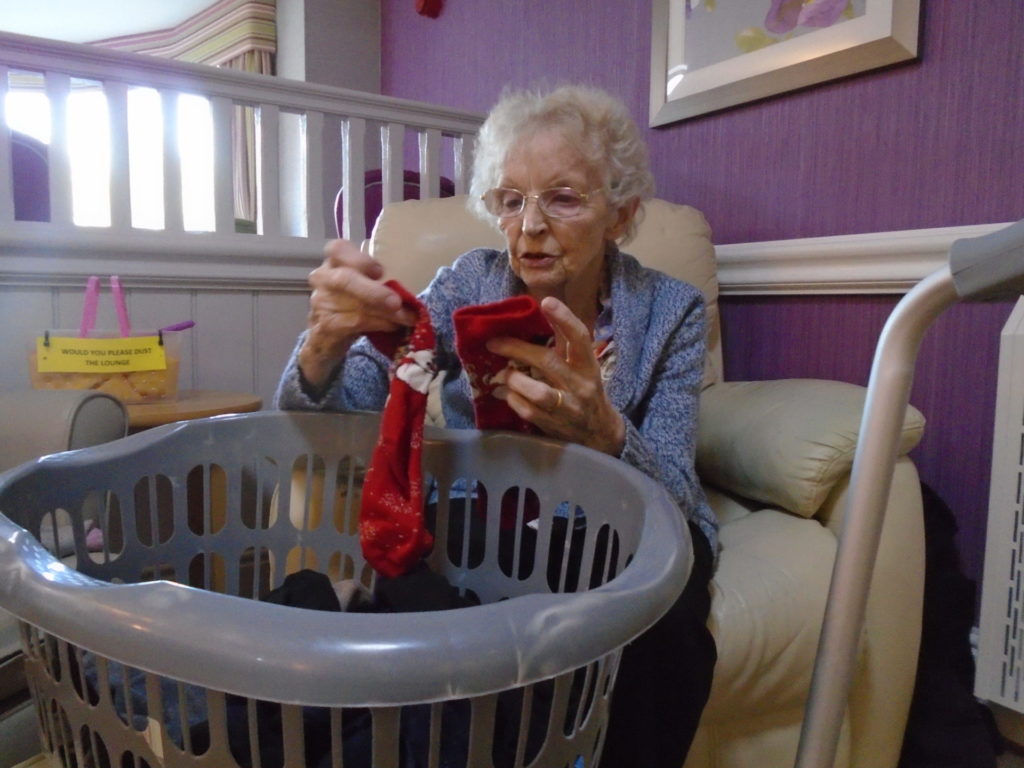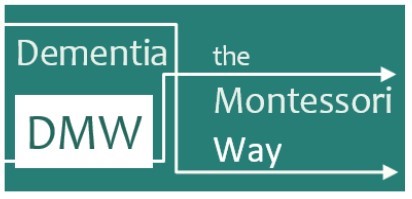Dementia and Assisted Living the Montessori Way
Dementia and assisted living
What it is – In a nutshell
Dr Montessori’s philosophy and mission applied to dementia care
- To enable individuals to be as independent as possible wherever they are on their journey of dementia
- To have a meaningful place in their community
- To possess high self- esteem
- To have the chance to make meaningful contributions to their community
How this applies to people with dementia and assisted living
- The need to feel safe
- A need to feel competent
- A need for social interaction
- A need to have meaningful social roles
How this is achieved
- The multidisciplinary team learn new skills to enable every staff member to have the confidence to support a person with dementia
- A Caring community is created that is aligned with the individual’s needs, interests, abilities, skills and strengths
- Environment is carefully prepared to meet and nurture the needs of each person and promote independence
- Lives are enriched through the environment, the engagement in roles, routines and activities, fostering a sense of belonging and well-being
The prepared environment provides opportunities for:
- Social roles, expression, support and interpersonal connections
- Social abilities that promote social confidence
- An atmosphere of both caring and being cared about
Staff create an environment of calm, order, and joy. Staff know when to intervene, observe, and step back, allowing the person to experience the moment. The prepared environment supports a person to be as independent as possible and enables practical life, sensory stimulation, cognitive enablement and cultural and social connections.
Invitation Courtesy and Grace -the importance of HOW we engage
Say Would you NOT Could you Ask them to help Praise. No wrong way just their way
Thank them for helping. Respect and Value the person simply for the person they are- unconditionally.
Activities relevant to the person to help them: Retain skills, achieve, feel fulfilled, to retrain, to feel useful, to help them learn their role, to feel helpful, to show they care, to entertain, to spiritually fulfill, to “chill out”, and simply enjoy and have fun.
Roles; relevant to the person, ability based and failure free. Some may be formulated, some may be actual.
An evidence-based approach that values and respects, human rights, the Equality Act and a Rights based Risk assessment approach to positive living


